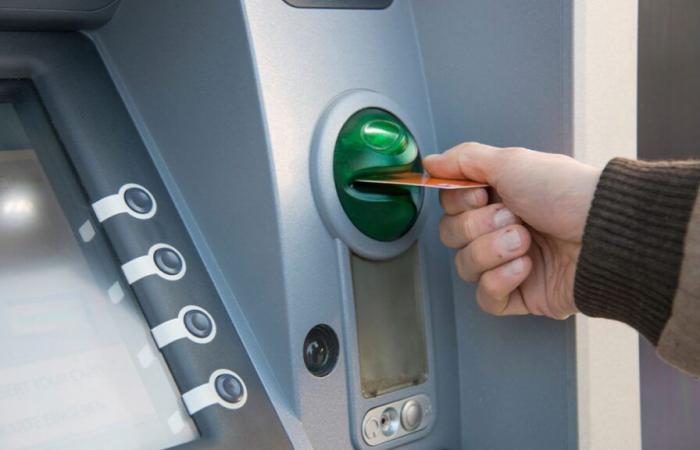A new element has emerged in the case concerning Didier Reynders, suspected of money laundering. While the National Lottery had alerted the authorities, we learned this Monday that the bank of the former European commissioner had also reported numerous cash deposits considered suspicious. Can or should your bank raise the alarm when it has suspicions?
Since 2017 and the strengthening of the anti-money laundering law, banks have had an obligation to know their customers and detect possible fraud attempts. No specific amount is considered a suspicious transaction: banks react on a case-by-case basis.
“It is always an individual analysis that is carried out. The bank will look at the customer’s characteristics, the customer’s risk profile, etc. And based on that, the bank will be able to see whether or not it suspects that a transaction is linked to money laundering or not.“, explains Charline Gorez, spokesperson at Febelfin. She adds: “In terms of money withdrawals, if it involves large amounts, the bank may ask questions to find out what you want to do with this money.“
More than 40,000 suspicious transaction reports
A procedure that works well since last year, banks submitted more than 40,000 reports of suspected money laundering. This is 20,000 more than in 2021. In the event of suspicion, the file is transferred to the financial information processing unit. “If she has a suspicion, she is indeed obliged to alert the CETIF which, for its part, will analyze the file and decide whether or not to transmit the information it has to the public prosecutor’s office for possible prosecution.“, indicates Gilles Laguesse, lawyer specializing in banking law.
It’s not a judgment
If banks lack vigilance, they are exposed to heavy sanctions. But under no circumstances can they make a judgment based on bank account transactions. “Absolutely, the bank has suspicions. She sees something that she considers to be abnormal. It’s not a judgment, it’s not a condemnation, it doesn’t belong to the bank. That is up to the prosecution and the courts to decide later.“, he adds.
The anti-money laundering law also specifies that banks must be extra vigilant for politically exposed persons.
bank Money laundering affair Didier Reynders






